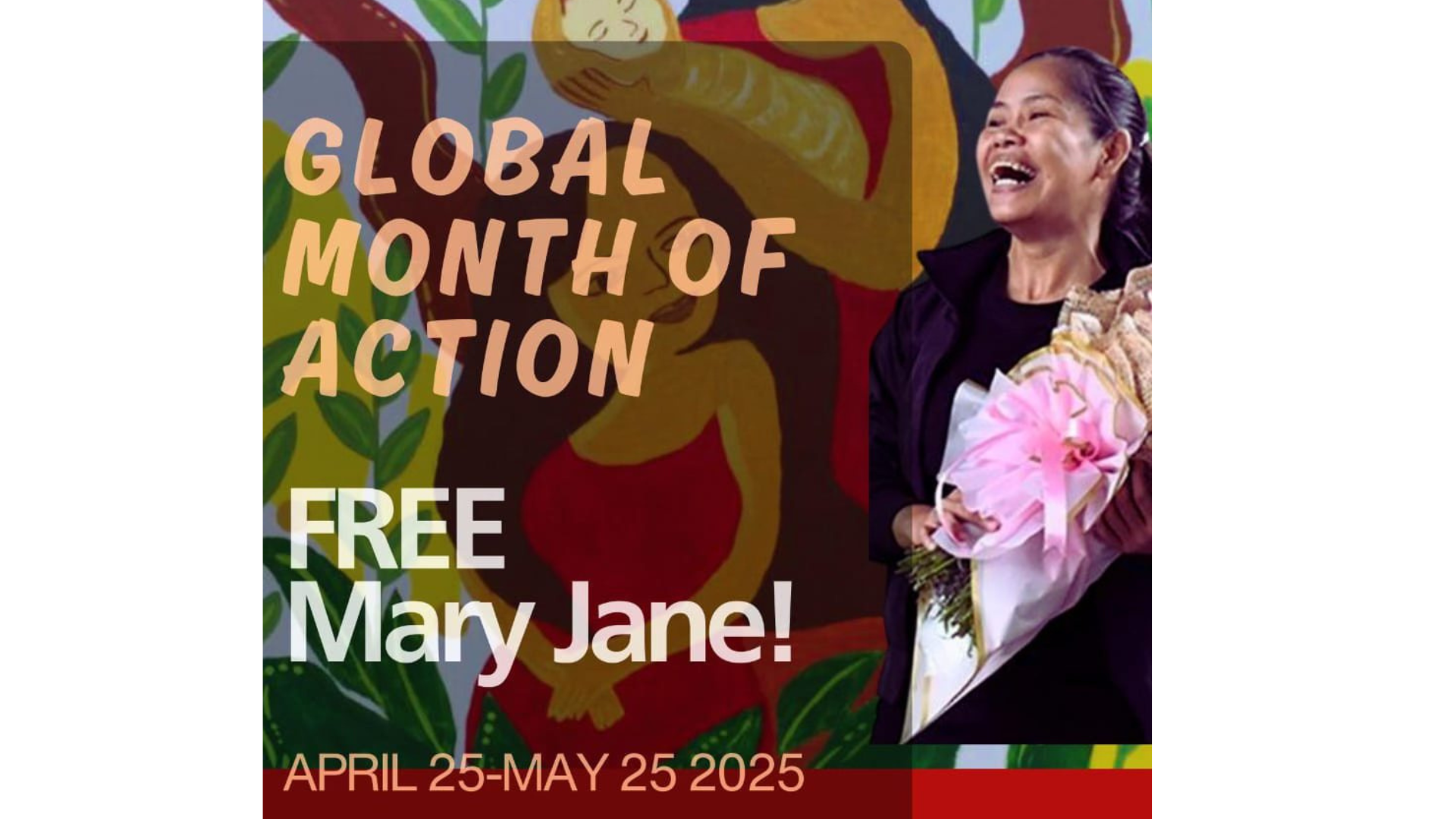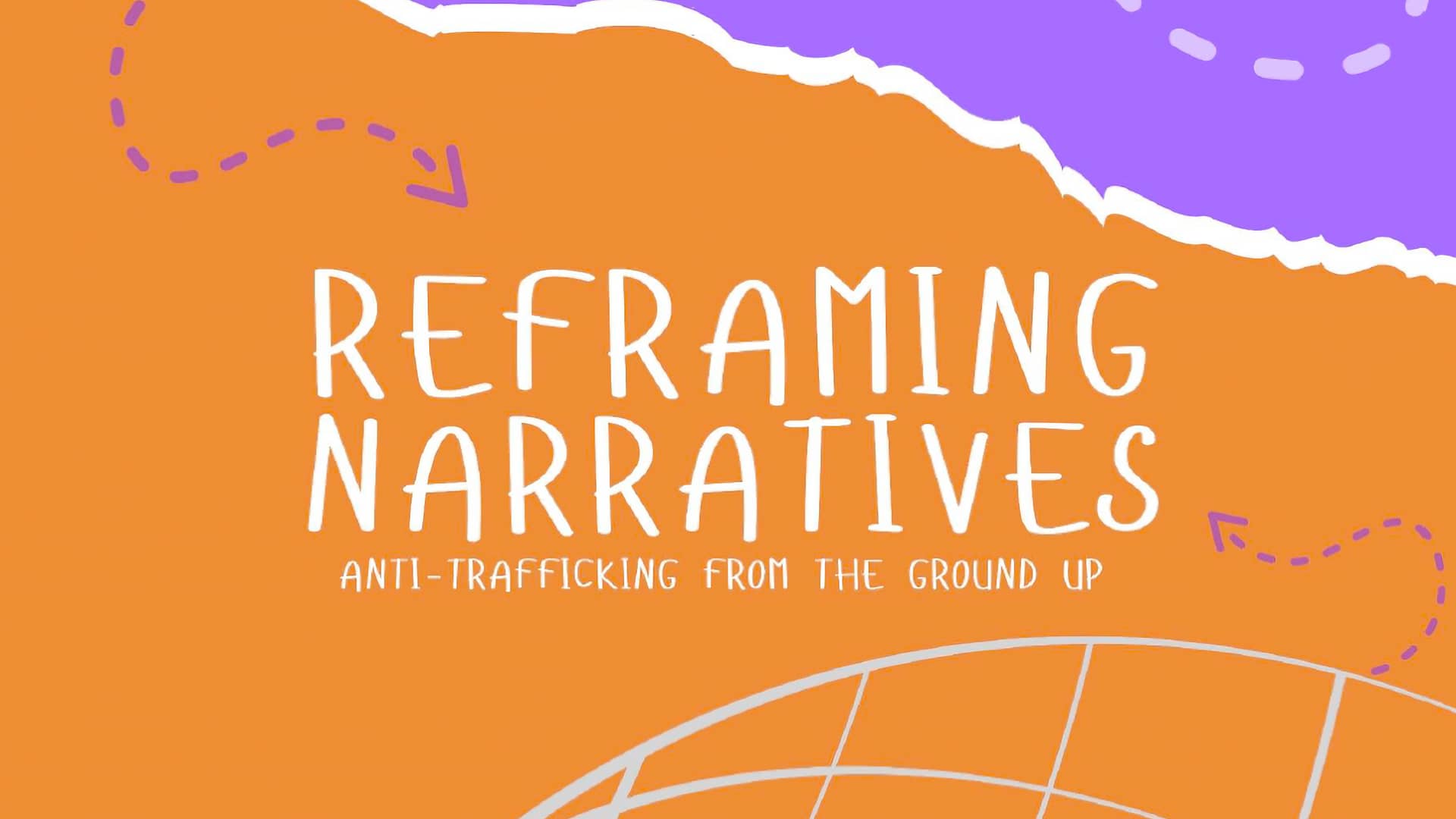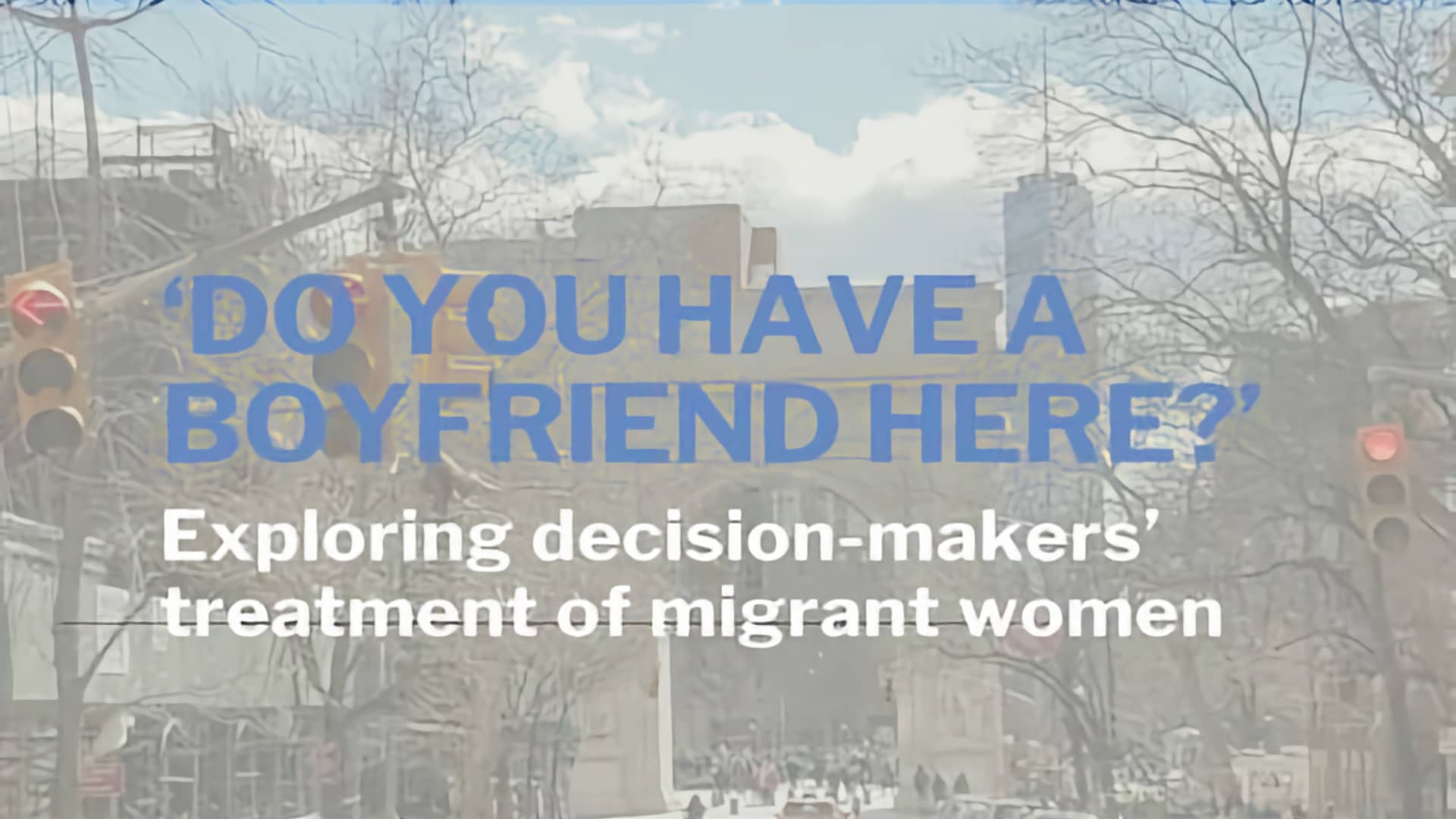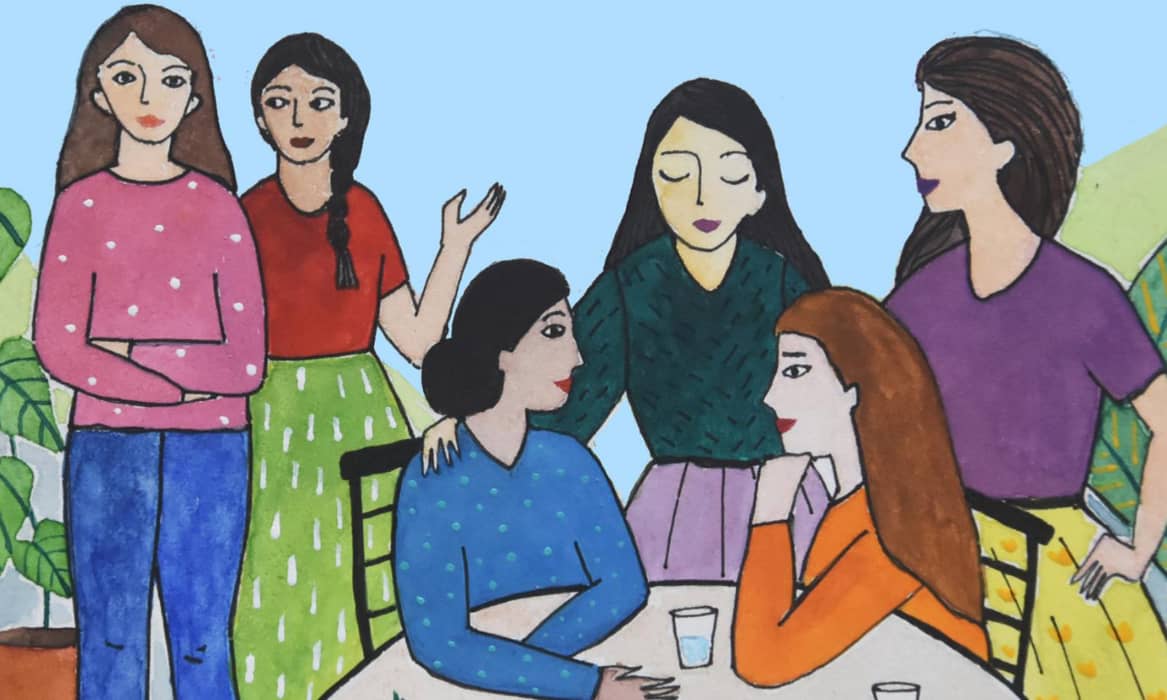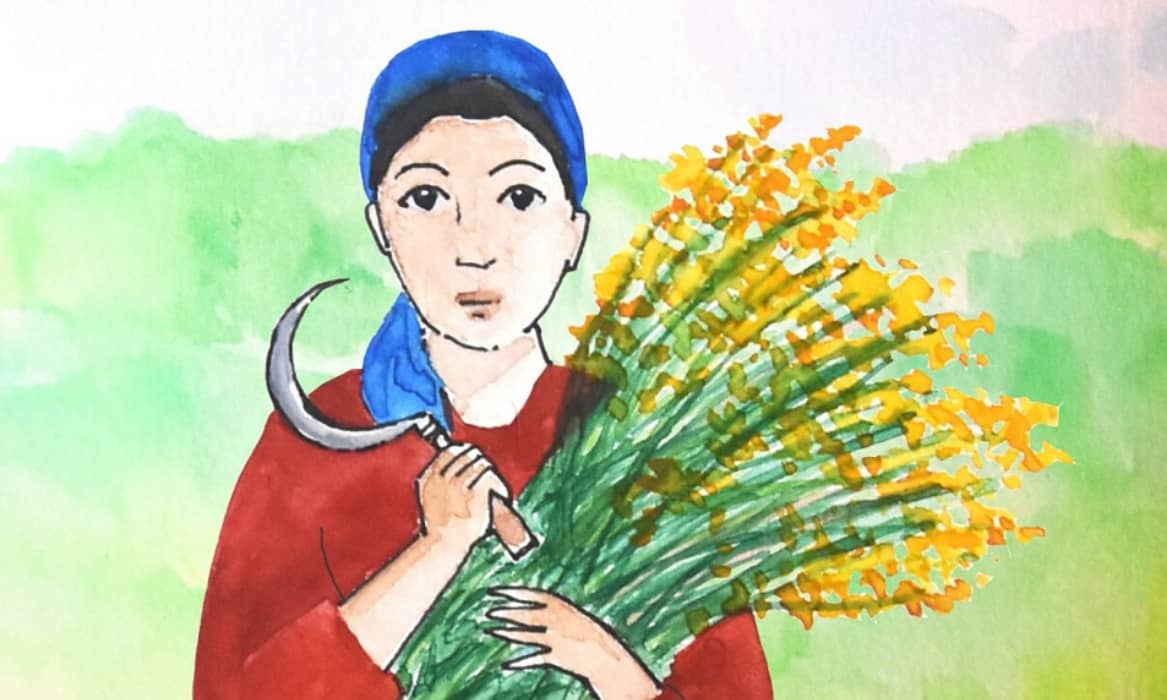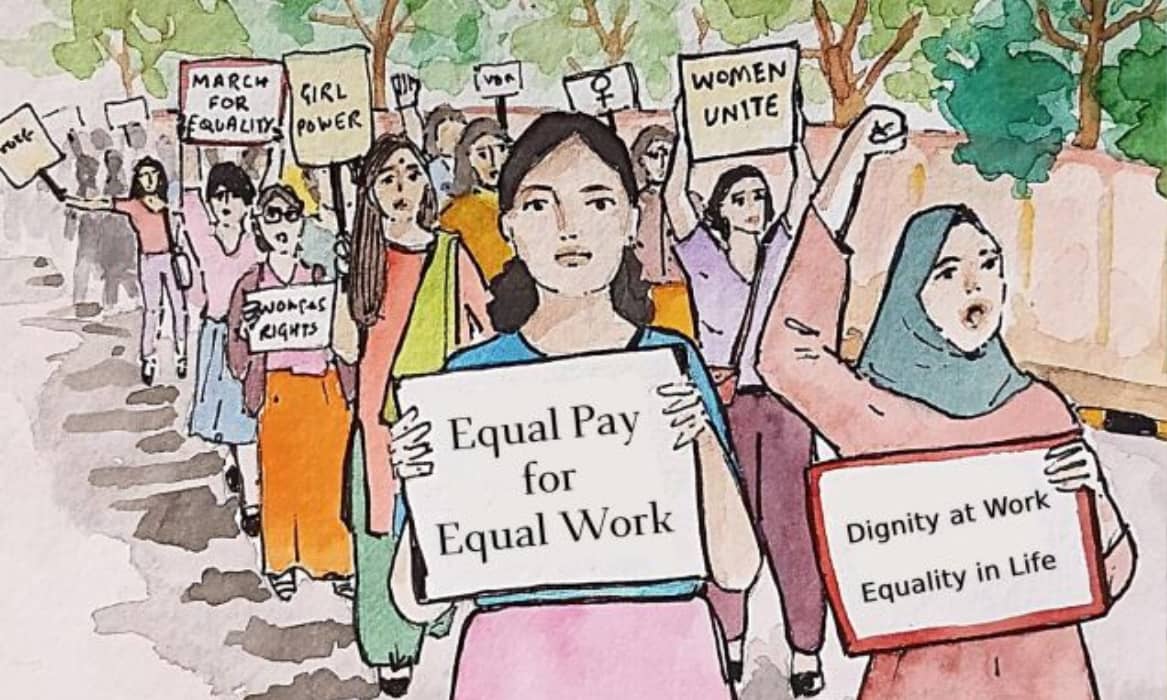The Global Alliance Against Traffic in Women (GAATW) is a network of non-governmental organisations from all regions of the world, who share a deep concern for the women, children and men whose human rights have been violated by the criminal practice of human trafficking.
GAATW is committed to work for changes in the political, economic, social and legal systems and structures which contribute to the persistence of trafficking in persons and other human rights violations in the context of migratory movements for diverse purposes, including security of labour and livelihood. In particular, GAATW addresses the diverse issues arising from the trafficking in persons as currently defined in the Palermo Protocol. Within this framework, it addresses the core aspects of trafficking in persons: forced labour and services in all sectors of the formal and informal economy as well as the public and private organisation of work. Furthermore, GAATW promotes and defends the rights and safety of all migrants and their families against the threats of an increasingly globalised and informal labour market.
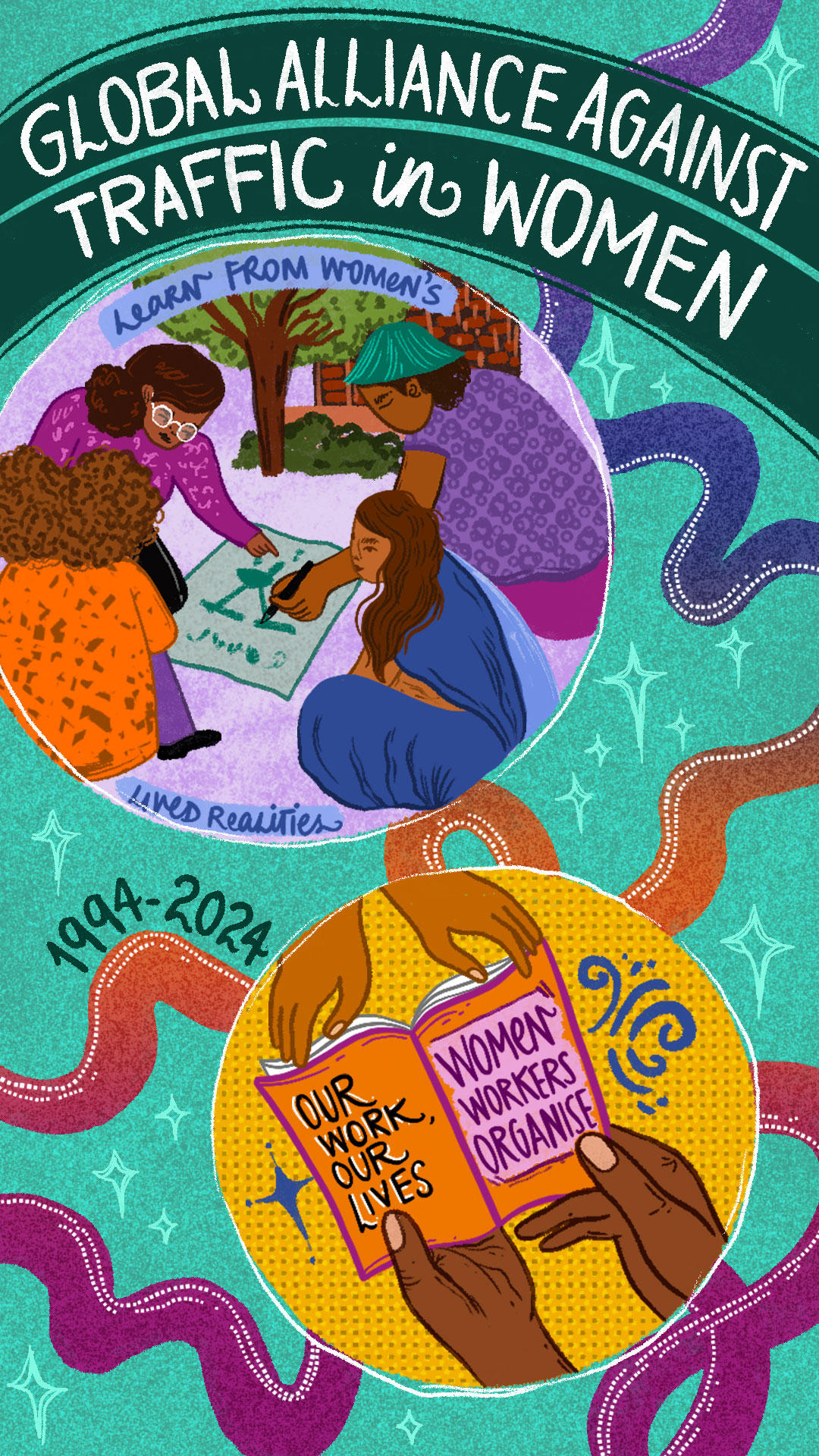 GAATW applies a Human Rights Based Approach to address trafficking issues, which means:
GAATW applies a Human Rights Based Approach to address trafficking issues, which means:
-
Centring the human rights of trafficked persons and those in vulnerable situations, in all anti-trafficking activities
-
Acknowledging the equality of all persons to exercise, defend and promote their inherent, universal and indivisible human rights
-
Non-discrimination on any grounds, including – singly or in combination - race, ethnicity, descent, sexual orientation or gender identity, religion, gender, age, migrant status, national or social origin, birth or other status, or occupation (including work in the informal sectors such as domestic work, sex work, etc.)
-
Primacy of the principles of accountability, participation and inclusivity/ non-discrimination in working methodologies, and organisational structures and procedures. In this respect, self-representation and organisation of those directly affected by trafficking are strongly encouraged and supported.
GAATW supports the sharing of knowledge, working experiences and working methodologies amongst its members, in order to enhance the effectiveness of collective anti-trafficking activities.
GAATW welcomes co-operation with all organisations, agencies or persons who share its principles.
GAATW is organisationally independent and will refrain from any party political, governmental, commercial or religious affiliations. However, members are autonomous and free to enter into affiliations of their choice, as long as these are not contradictory to GAATW's Basic Principles.






